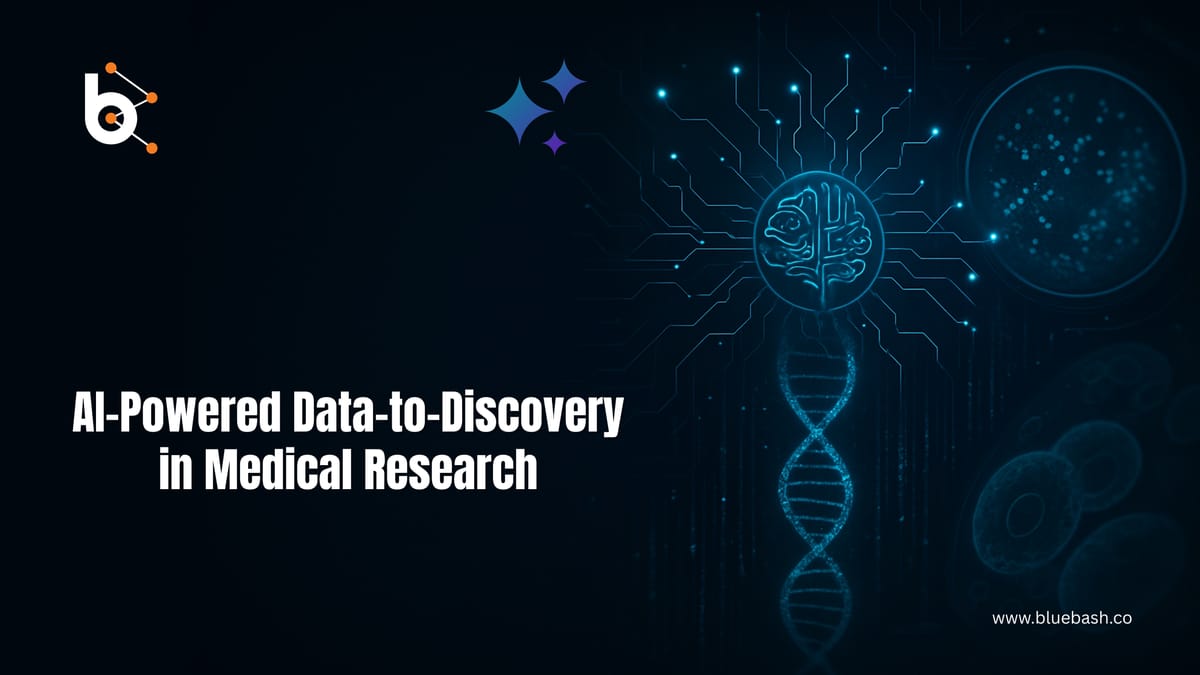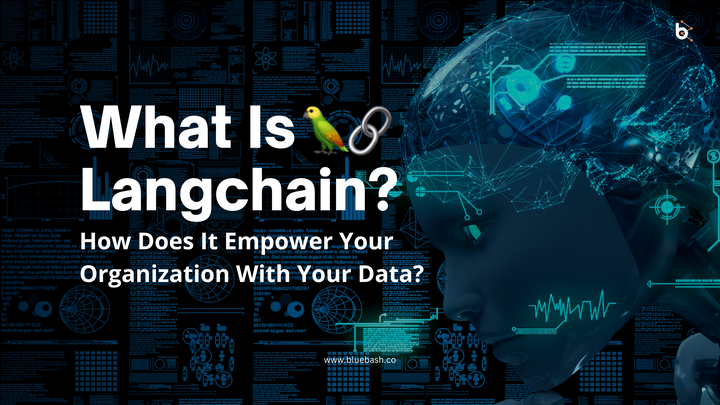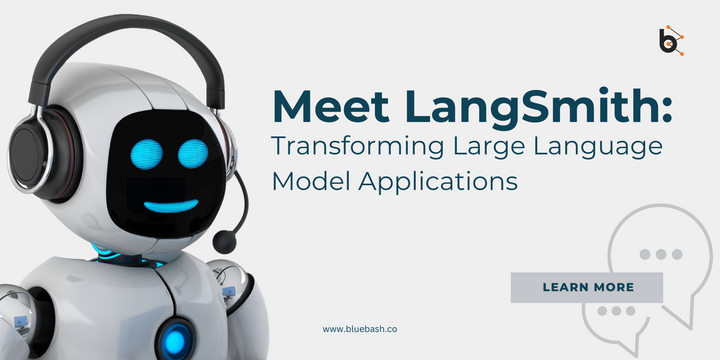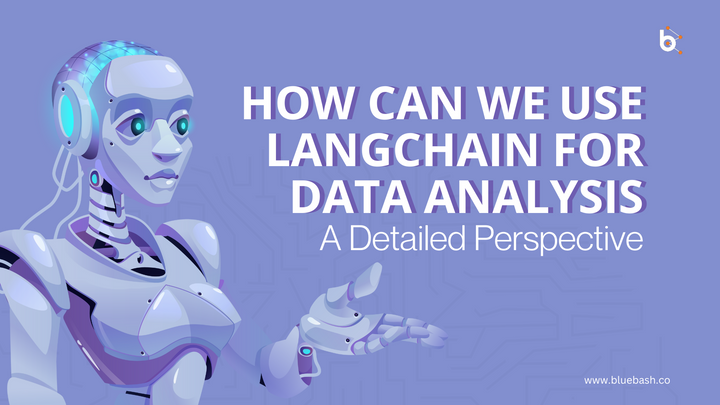How AI Agents Speed Up Data-to-Discovery in Medical Research?

Quick Summary
Artificial Intelligence (AI) is transforming how scientists and institutions conduct medical research — from accelerating data collection and analysis to uncovering patterns that lead to life-changing discoveries. AI agents for medical research are not just analytical tools; they are intelligent collaborators capable of automating repetitive workflows, synthesizing large datasets, and supporting decision-making with precision. This blog explores how AI agents transform medical research workflows, their role in data-driven discovery, and why the future of AI-powered medical research solutions is redefining the pace of innovation in biomedical science.
Introduction
In today’s era of data-driven science, medical researchers are inundated with massive volumes of genomic data, patient records, trial outcomes, and scientific literature. Traditional research methods struggle to keep up with this influx of data, slowing the transition from hypothesis to breakthrough discovery.
That’s where AI agents for medical research come in. These intelligent systems automate data analysis, assist in hypothesis generation, and streamline complex workflows—enabling scientists to move faster from data collection to data-driven discovery. The adoption of AI in medical research is reshaping how institutions approach innovation, leading to faster clinical insights and more personalized healthcare solutions.
The Data Deluge in Modern Medical Research
Medical research has entered the “big data” era. Every clinical trial, genomic sequence, and imaging study generates terabytes of information. While this abundance of data holds the key to groundbreaking insights, the challenge lies in extracting meaningful knowledge efficiently.
Researchers spend nearly 80% of their time cleaning, organizing, and interpreting data rather than making discoveries. This bottleneck limits the speed and scalability of scientific innovation. AI-powered medical research solutions are designed to solve this exact problem — acting as intelligent intermediaries that automate data processing, recognize patterns, and generate actionable insights across vast and complex datasets.
How AI Agents Revolutionize Medical Research Workflows ?
- Automating Data Collection and Integration
AI agents excel at pulling information from diverse sources — clinical databases, imaging systems, lab results, and even published research papers. Through AI-driven medical research automation, they standardize formats, identify duplicates, and cross-reference related data points, creating a unified dataset ready for analysis.
This capability dramatically reduces the manual burden on researchers and ensures consistency in data handling, which is vital for reproducibility and accuracy in biomedical research. - Accelerating Data Analysis with Machine Learning
Analyzing high-dimensional biomedical data is one of the most time-consuming steps in research. AI agents powered by machine learning algorithms can detect patterns that human researchers might overlook.
For instance, in oncology research, AI in medical research can identify potential biomarkers from genomic sequences, predict drug responses, and even simulate treatment outcomes. This speeds up discovery while maintaining precision. The ability of AI agents to learn from new datasets means that analytical accuracy improves continuously, bringing research closer to real-world applications. - Enhancing Predictive Modeling and Hypothesis Testing
AI agents don’t just analyze data—they also assist in hypothesis generation and predictive modeling. By learning from existing datasets, these agents can suggest potential molecular targets, simulate experimental outcomes, or identify variables that merit deeper investigation.
In pharmaceutical development, AI-powered hypothesis generation can reduce years of trial-and-error into months of simulation and validation. These AI-powered medical research solutions not only enhance accuracy but also optimize resource allocation in R&D. - Streamlining Clinical Trial Design and Monitoring
Designing effective clinical trials requires careful selection of participants, parameters, and metrics. AI agents can automate much of this process. They analyze historical data, patient demographics, and previous trial outcomes to identify ideal cohorts and predict potential risks.
Once a trial begins, AI agents continuously monitor participant data in real time—spotting anomalies, tracking adherence, and adjusting variables to ensure compliance and safety. This AI-driven medical research automation shortens trial durations and reduces operational costs without compromising scientific rigor. - Facilitating Knowledge Discovery and Literature Mining
Scientific literature doubles every few years, making it nearly impossible for researchers to stay up to date manually. AI agents equipped with natural language processing (NLP) can read, summarize, and extract relevant information from millions of publications, patents, and clinical reports.
By connecting insights across disciplines—such as genetics, pharmacology, and epidemiology—AI agents reveal new correlations and hypotheses. This accelerates artificial intelligence in biomedical research by enabling researchers to leverage collective scientific intelligence in seconds rather than months. - Supporting Collaboration and Workflow Automation
Research often involves cross-functional collaboration between data scientists, biologists, and clinicians. AI agents streamline this by automating repetitive administrative tasks such as data logging, version control, and report generation.
Using conversational and multimodal interfaces, AI agents can also act as intelligent lab assistants—answering queries, scheduling simulations, or retrieving experimental results. These AI-powered medical research solutions enhance team productivity and ensure workflow continuity across departments.
The Impact: From Faster Insights to Smarter Discovery
The integration of AI in medical research is already demonstrating measurable results:
- Drug discovery timelines have reduced from years to months through AI-based molecule screening.
- Genomic analysis is now more accurate, identifying mutations and disease predispositions with remarkable speed.
- Clinical data integration has improved patient stratification, enabling personalized treatment design.
These achievements highlight how AI agents transform medical research workflows — not by replacing human expertise but by augmenting it. AI takes care of the heavy data lifting, allowing researchers to focus on creativity, strategy, and innovation.
Real-World Applications of AI Agents in Biomedical Research
- Genomics and Precision Medicine
AI agents analyze genomic datasets to identify disease-linked genes, predict mutation impacts, and optimize personalized therapy recommendations. For example, predictive AI models are being used to forecast cancer treatment outcomes, tailoring therapies to each patient’s genetic makeup. - Drug Discovery and Development
Through AI-driven molecule screening, pharmaceutical companies are identifying viable drug candidates faster than ever. AI agents simulate molecular interactions, reducing dependence on physical experiments and minimizing costs. - Clinical Imaging and Diagnostics
AI-powered diagnostic agents can analyze imaging data such as MRIs, CT scans, and pathology slides to detect anomalies early. These findings feed directly into medical research databases, improving diagnostic precision and supporting faster disease modeling. - Epidemiological Studies and Public Health Research
AI agents analyze population-level health data to track disease spread, predict outbreak patterns, and evaluate the effectiveness of interventions. This level of automation in research has proven crucial during global health crises.
Why Choose Bluebash for AI-Powered Medical Research Solutions ?
At Bluebash, we bridge the gap between artificial intelligence and biomedical innovation. Our expertise in AI agent development services empowers research institutions, healthcare startups, and pharmaceutical enterprises to accelerate discovery through intelligent automation and data-driven insights.
We design AI agents for medical research that streamline everything—from data integration and predictive modeling to experiment optimization and clinical trial management. Each AI solution is tailored to meet scientific objectives while maintaining the highest standards of accuracy, compliance, and scalability.
Our AI systems are built to align with healthcare data security frameworks like HIPAA and GDPR, ensuring your research remains ethically and legally sound. With Bluebash as your AI partner, your research workflows evolve into smarter, faster, and more collaborative ecosystems powered by next-generation intelligence.
Whether you’re unlocking genomic insights, simulating molecular behavior, or automating research analytics, Bluebash helps you move from data to discovery with confidence and precision.

The Future: Autonomous Research Ecosystems
The evolution of AI-driven medical research automation points toward fully autonomous research ecosystems. Imagine AI agents that can independently design experiments, execute simulations, interpret outcomes, and generate new hypotheses—all while collaborating with human researchers.
With advancements in multi-agent coordination, Large Action Models (LAMs), and self-improving AI architectures, the line between data and discovery will blur. Research institutions that adopt these technologies early will gain a significant competitive edge in scientific innovation.
Conclusion
The journey from data to discovery has always been the essence of medical progress—but in today’s data-intensive world, that journey demands speed, precision, and adaptability. AI agents for medical research embody these qualities, transforming how data is gathered, analyzed, and translated into meaningful breakthroughs.
By leveraging AI-powered medical research solutions, organizations can unlock hidden insights, accelerate discovery timelines, and empower scientists to focus on innovation rather than administration. The era of artificial intelligence in biomedical research is not about replacing researchers—it’s about amplifying their capabilities to reach new frontiers of knowledge faster than ever before.
Partnering with Bluebash, a trusted expert in AI agent development services, ensures your research journey is powered by intelligent, secure, and scalable AI solutions—turning data into discovery with confidence and precision. The future of medical discovery is not just digital — it’s intelligently automated with Bluebash.
FAQ's
- How do AI agents accelerate the medical research process?
AI agents automate data collection, integration, and analysis—reducing manual effort and accelerating insights. They process vast biomedical datasets quickly, enabling researchers to move from hypothesis to discovery much faster. - What are the main benefits of using AI in medical research?
AI in medical research improves data accuracy, accelerates drug discovery, enhances predictive modeling, and supports personalized medicine. It helps researchers focus on innovation rather than repetitive data tasks. - How are AI-powered medical research solutions used in clinical trials?
AI agents assist in patient selection, monitor trial progress in real time, and predict outcomes using historical data. This shortens trial timelines, reduces costs, and ensures better data reliability. - Is AI in biomedical research secure and compliant with regulations?
Yes. Trusted partners like Bluebash design AI agents that comply with global healthcare standards such as HIPAA and GDPR, ensuring ethical, secure, and transparent handling of sensitive research data. - Why should research institutions choose Bluebash for AI agent development?
Bluebash specializes in developing intelligent, compliant, and scalable AI agents for medical research. Their expertise bridges AI innovation with biomedical needs, helping organizations turn data into discovery faster and smarter.



